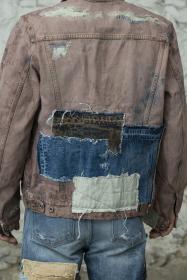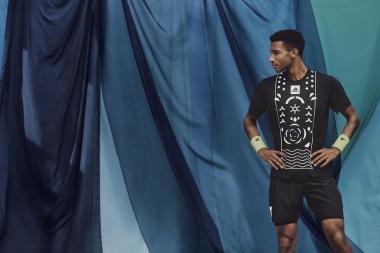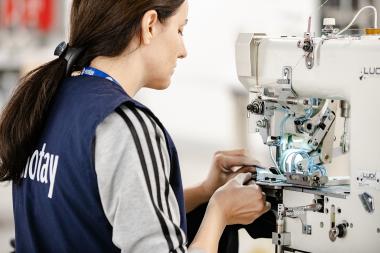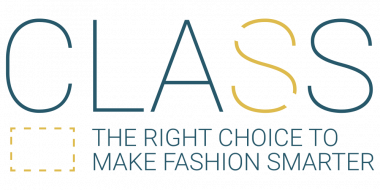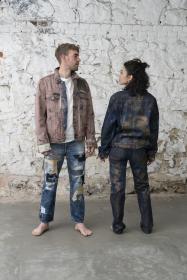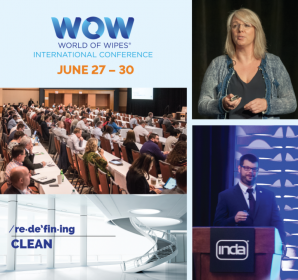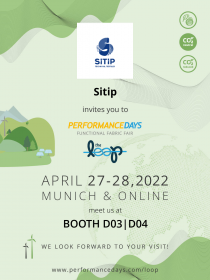EREMA: Circular economy for PET fibres
The textile industry is the third largest consumer of plastics. While growth rates in the production of fibres and textiles are high, the circular economy has hardly become established in this segment. The EREMA Group is now intensifying development of recycling solutions for this application with their new fibres and textiles business unit. Currently, the focus is on PET fibre materials from fibre production and subsequent processing steps. Technologies for recycling mixed fibre textiles from textile collection sources are to follow in a follow-up project phase.
"With EREMA's VACUREMA® and INTAREMA® technology and PURE LOOP's ISEC evo technology, our company group already has an extensive range of machines for fibre and PET recycling applications. For ecologically and economically sound recycling, however, new technological solutions are needed to use the recycled fibres in higher-value end applications and to achieve a functioning circular economy," explains Wolfgang Hermann, Business Development Manager Application Fibres & Textiles, EREMA Group GmbH. The initial focus will be on PET, regarded as a key material for the production of synthetic fibres. The aim is to find recycling solutions that allow PET fibre materials to be prepared for reuse in PET fibre production processes. This is a significant step for the circular economy because PET fibres in textiles account for about two-thirds of the total volume of PET.
In this development work, the EREMA Group can build on existing know-how. Proven recycling technologies have been combined with a new IV optimiser. "This extends the residence time of the PET melt, which is particularly necessary in fibre recycling to efficiently remove spinning oils. Our recycling process also increases the IV value of the PET melt after extrusion back to the specific level that is essential for production of the fibre," explains Hermann. Waste PET fibre from production processes can therefore be further processed into rPET filament fibre, carpet yarn and staple fibre.
Fibre test centre with plant to test customers' materials
In order to accelerate development work, EREMA opened its own fibre test centre a few months ago, where a cross-company team is working on recycling solutions for fibre-to-fibre applications.
EREMA Gruppe





















